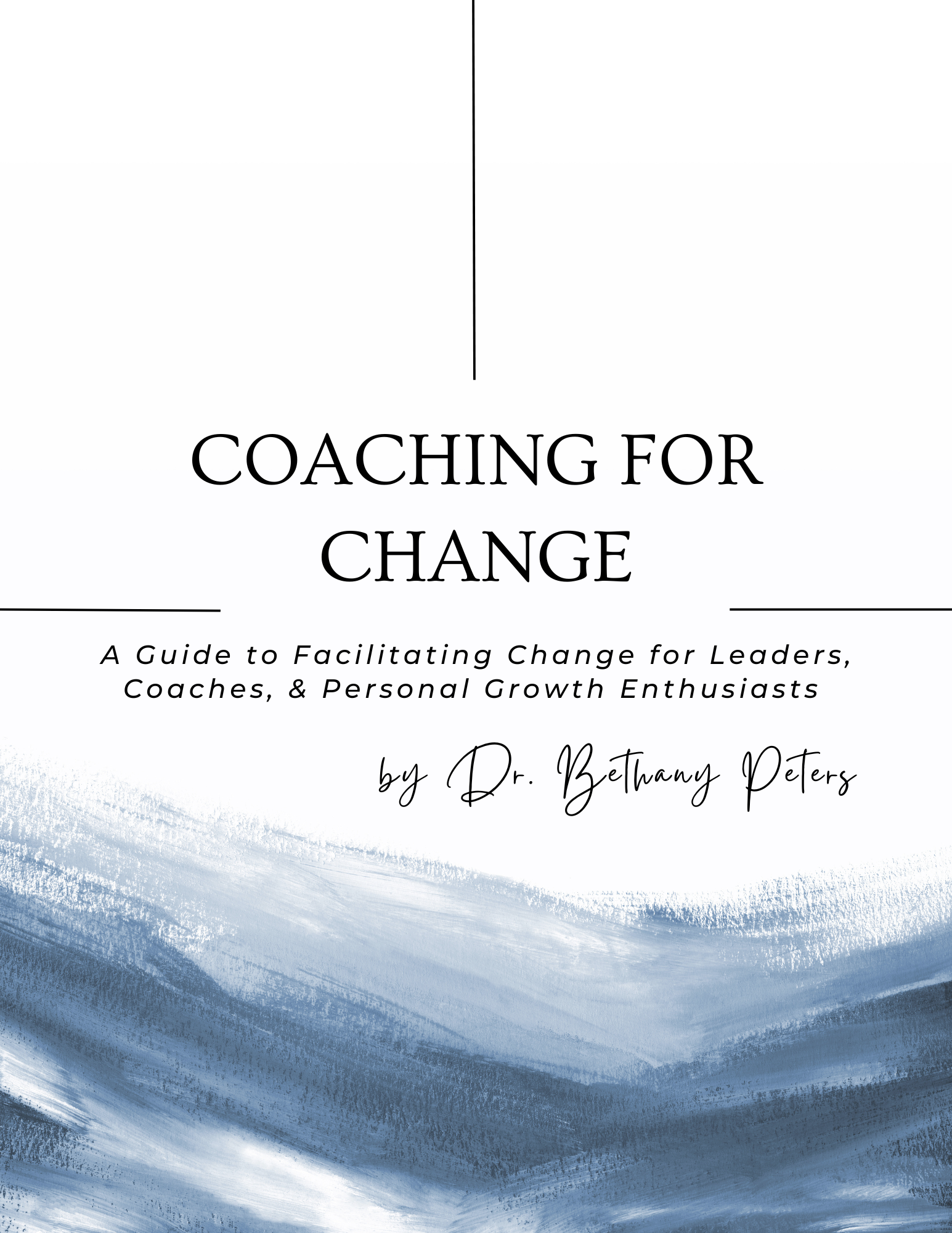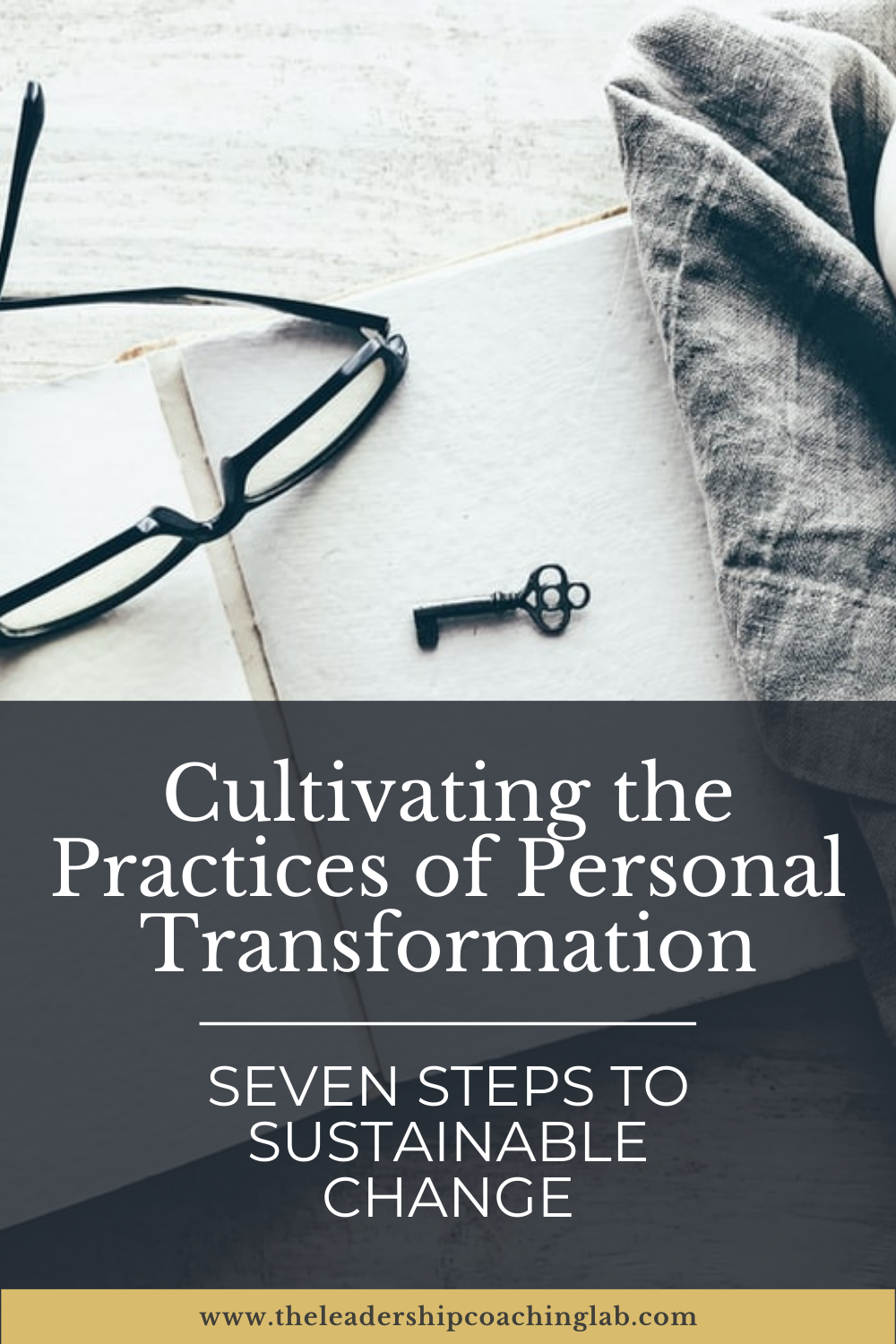How Self-Assessment is Key to Developing a Growth Mindset
Great works are performed, not by strength, but by perseverance.
-SAMUEL JOHNSON
Carol Dweck, educational psychologist and researcher, explains how we all have a choice between two mindsets. A fixed mindset is the belief that your capabilities are set and unchangeable. With this mindset, failure and criticism are seen as confirmation of one’s flaws and limitations. On the other hand, with a growth mindset, we see our abilities as the starting point for development, in which failures and feedback can be reframed to fuel our future growth. Read more about the essentials of growth mindset in this HBR article authored by Dweck.
Research shows that having a growth mindset can positively influence motivation, performance, and resilience. So how can you encourage a growth mindset in yourself or others?
One approach that I use frequently in my teaching and coaching is to pair the use of self-assessment tools (such as CliftonStrengths, MBTI, etc.) with the principles of growth mindset. Self-assessment can encourage the development of a growth mindset through:
Identifying personal strengths and weaknesses
Increasing awareness of blind spots and barriers to growth
Indicating specific strategies for future development
In a previous blog post, I discussed factors to consider when choosing a self-assessment. In this post, I will recommend how to apply a growth mindset to three specific self-assessments: CliftonStrengths, the Enneagram, and the Myers-Briggs Type Indicator (MBTI).
CliftonStrengths
The CliftonStrengths assessment generates a report that features an individual’s top five talent themes. The key idea behind CliftonStrengths is that individuals will be more fulfilled and engaged if they focus on investing in their natural talents rather than trying to improve weaknesses.
Essential Vocabulary: Learn the language of 34 unique talent themes, representing areas of natural gifts. A strength represents the capacity to contribute nearly flawless performance on a consistent basis. However, talents are not considered strengths until they are refined and effectively managed.
Growth Path: Identify how to apply each talent most effectively (your balcony) and how to adapt when over- or under-using a strength (your basement).
—> Fixed Mindset: I have predetermined strengths and weaknesses that won’t change.
—> Growth Mindset: I can refine my raw talents into strengths with hard work and practice.
Resources:
The Enneagram
The Enneagram typology provides an opportunity to assess how one relates to self and others. Nine types each represent unique fears, motivations, and behavior patterns that emerge in times of stress and security.
Essential Vocabulary: Learn the language of the 9 Enneagram Types, the Enneagram Wings, and Subtypes. The nine Enneagram types are distinguished by internal motivations and desires, so two types could have similar behaviors but very different motivations.
Growth Path: Understand the deep drivers behind your mindsets and behaviors, and apply self-development strategies unique to your type.
—> Fixed Mindset: I see unhealthy mindsets and motivations as unfixable flaws.
—> Growth Mindset: I can transform unhealthy mindsets and motivations through type-specific self-development strategies.
Resources:
Myers Briggs Type Indicator (MBTI)
The Myers Briggs Type Indicator (MBTI) provides a personality assessment based on the theory of Carl Jung, assessing four pairs of preferences: extroversion & introversion, sensing & intuition, thinking & feeling, and judging & perceiving.
Essential Vocabulary: Learn the key differences between the four pairs of preferences and sixteen types.
Growth Path: Recognize and leverage the unique strengths of your type. Effectively manage your approach to communication, decision-making, and leadership.
—> Fixed Mindset: I have no power over my personality preferences.
—> Growth Mindset: I can manage my personality preferences to more closely align with my values and goals.
Resources:
Rate Your Self-Awareness
If you are a coach looking for a baseline tool to use with your clients, or an individual who wants to go deeper in your personal growth process, download our custom-designed self-awareness assessment, which is a comprehensive 20-page digital download designed for both coaches who are looking for client assessments, and for individuals who are committed to personal growth. Includes:
Self-Awareness Rating Scale: Gauge your self-awareness with a carefully crafted rating scale, allowing you to assess various facets of your personality, emotions, and behaviors.
Questions for Reflection: Dive deep into introspection with thought-provoking questions designed to uncover hidden insights and foster a profound understanding of your motivations and aspirations.
Journal Prompts: Encouraging self-expression, the assessment includes journal prompts to guide you through the process of recording your thoughts, emotions, and personal growth journey.
Guidelines for an Informal 360 Review: Capture diverse perspectives with step-by-step guidelines on conducting an informal 360 review.
Questions for Informal 360 Review: Facilitate meaningful conversations with colleagues, friends, or mentors using targeted questions to gather constructive feedback and gain valuable external insights.
Inspiring Quote Pages: Stay motivated and focused on your self-awareness journey with pages featuring inspiring quotes that resonate with the themes of introspection, growth, and authenticity.
Book Recommendations: Strengthen your self-awareness toolkit with carefully curated book recommendations, handpicked to further enrich your understanding of yourself and propel your personal development.
Get the Complete Toolkit to Inspire Growth & Change
Get my free 60-page ebook featuring my 8-step process for growth and 80 powerful questions for coaching or reflection - designed for leaders, coaches, & personal growth enthusiasts.
You'll also join 2,000+ professionals who receive The Coaching Mindset, my newsletter for practical tips to inspire intentional growth and tools to take a coach approach.









